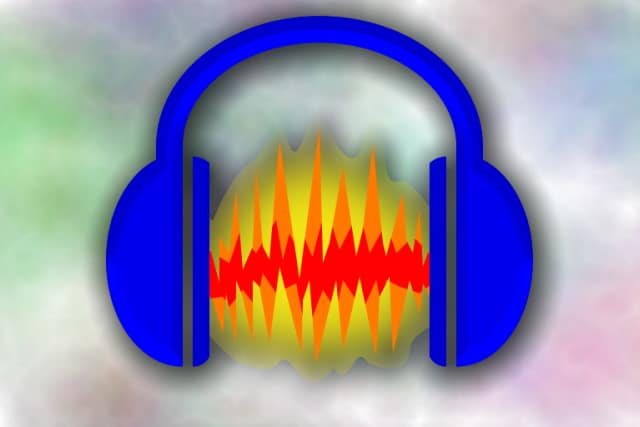

This, in order to look for signs of a possible DDOS attack, according to Daniel Ray. European user data is stored in Europe, but may be “occasionally” shared with the head office in Russia. This data may be shared with employees, authorities, company attorneys and potential buyers. Users’ IP addresses remain readable for 24 hours and then are destroyed. This includes the operating system used, the type of processor, and any error reports that may have been reported. TelemetryĪudacity claims to only collect telemetry data “without personal identification”. And although, according to Audacity, this is not the case, it is simply not mentioned in the text. In particular, the rule which stipulates that data can be collected at the request of the police or corporate lawyers, gives some users the impression that the field is left open for, for example, investigations into the copyright. This is an unappealing way of admitting that they have made their users sign statements written in a vague and unclear manner. Ray then added that the Terms of Service were written “by and for lawyers” and may not have been properly understood by “Mister Everybody”. ”Īccording to Daniel Ray, Muse wants to make more updates for Audacity and therefore send push notifications to users.

“We do not keep any personal information relating to our users. “We don’t know anything about our users,” Daniel Ray, director of strategy at Muse, told the BBC. The company that bought Audacity in April, The Muse Group, now specifies that there is no question of spyware. In the latter, Audacity specifies, for example, that the data can now be shared with WSM Group, a Russian infrastructure company of which Audacity has been a subsidiary since July.
#Source audacity audio editor not spyware update#
“This is a misunderstanding,” the company said.Īn update to the terms of use for popular open-source audio editor Audacity has sparked protests from its users in recent days, mainly targeting the new privacy rules. Uncategorized : Audacity denies creating spywareĪfter the controversy arose from its new terms of use, Audacity was forced to deny developing spyware.


 0 kommentar(er)
0 kommentar(er)
